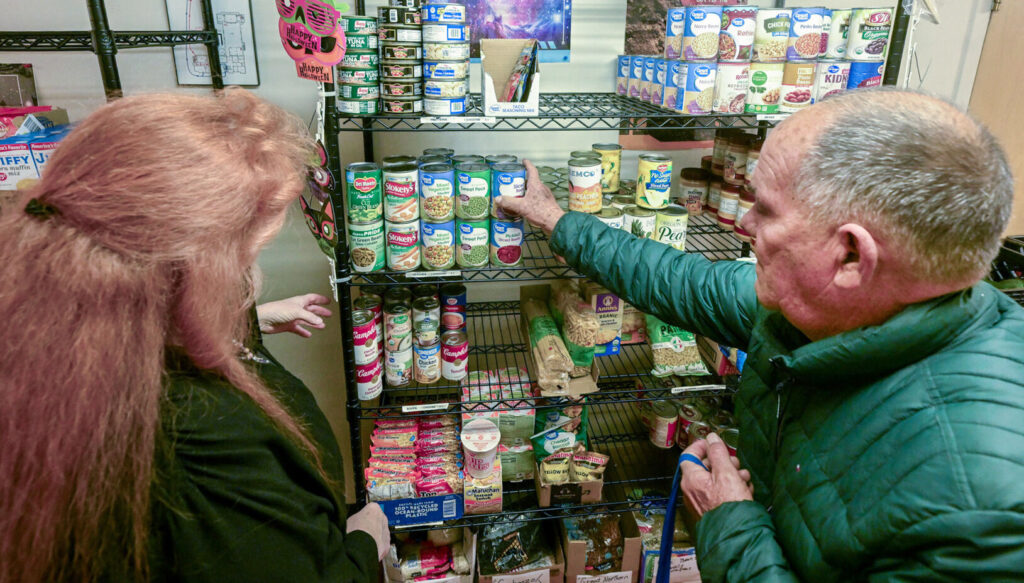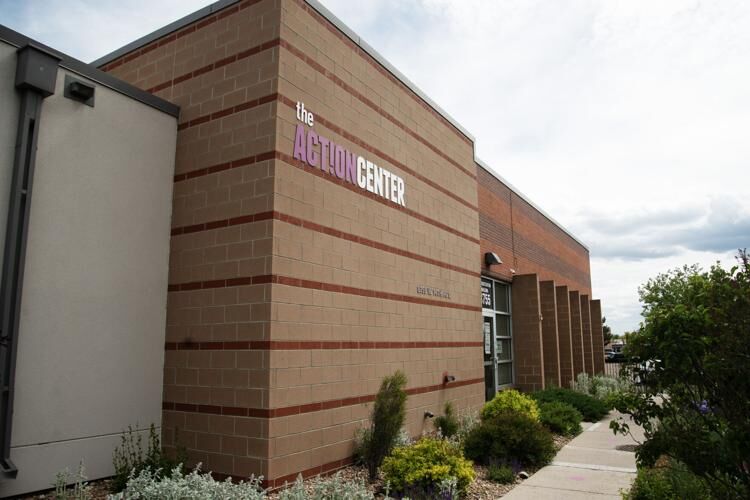Tax-free tampons? Colorado Democrat eyes exemption
Republicans love axing taxes, so a Denver Democrat is hopeful those in the legislature will eliminate Colorado’s tampon tax and give women a break.
State Rep. Susan Lontine of Denver said the sales tax charged on tampons, sanitary pads and other such products singles out women and implies a period is a luxury.
“Women make less money than men, generally, and we pay more for just about everything,” she said. “This is not a luxury, but that’s what it’s considered, so that’s why it’s taxed. It’s something we have to have.”
We’re not talking a lot of money. A 32-count box of Playtex Sport Fresh Balance Super Absorbency Tampons at Target in Edgewater last weekend was $6.99. The state sales tax is 2.9 percent. The sales tax adds about 20 cents.
“Every little bit helps, especially for folks who are struggling,” Lontine said.
Not to imply the votes would break along gender lines-the new legislature will have 61 men and 39 women-but a good bet is that 61 members won’t be comfortable with a long debate.
Lontine hopes the repeal will be bipartisan. “It is getting rid of a tax,” she said, implying music to Republicans’ ears.
A repeal would hand President Obama a small victory on his way out of office.
Last January he urged the 40 states that tax tampons to cut women a break.
“I have to tell you, I have no idea why states would tax these as luxury items,” Obama said. “I suspect it’s because men were making the laws when those taxes were passed.”
The New York Times editorial page called for an end to the tampon tax with an exclamation mark, not a period.
The campaign across the country has adopted the hashtag #bloodyoutrage, and left-leaning Change.org got 45,153 signatures on an online petition seeking a repeal.
Canada repealed its tampon tax last year, and in April Ms. Magazine blogged:
According to canadianmentruators.ca, Canadians collectively spent $519,976,963 on menstrual products in 2014 (before tax). With a 5 percent federal tax on all of these products, that means the government collected more than $36 million in tax on goods that are essential for anyone who menstruates. Food and other essentials aren’t subject to that federal tax, but other, more questionable items remain tax-free- wedding cakes and cocktail cherries, for example.
Cakes and cherries aren’t exactly as important as pads and tampons, and thanks to the work of lawmakers and activists, menstrual products joined the Canadian federal government’s list of tax-exempt items in 2015.











